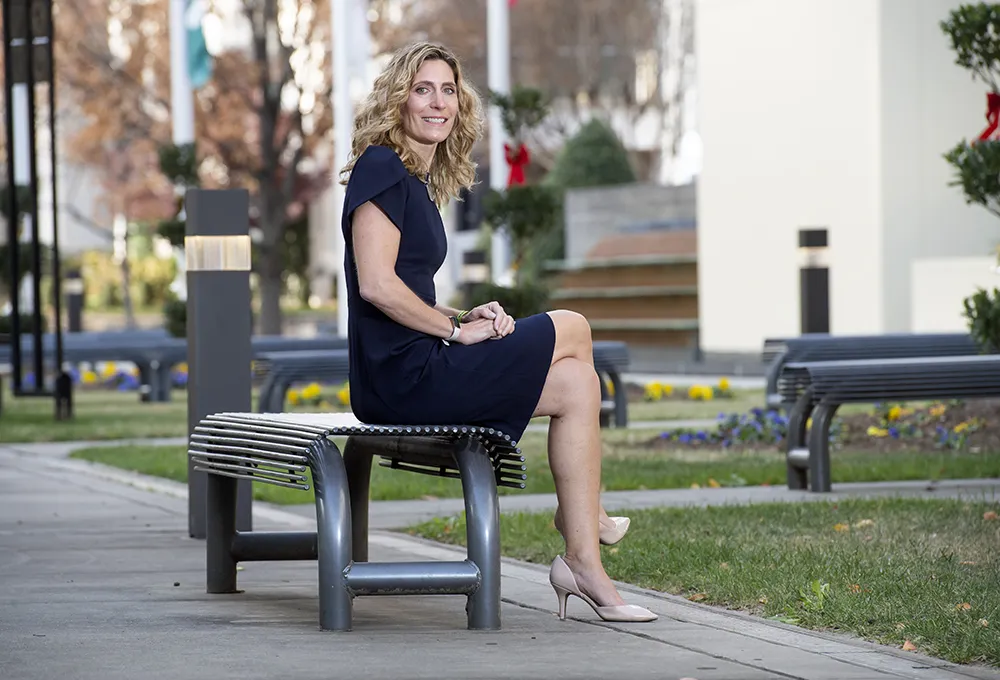The Audi Urban Future Award aims to stimulate new visions for cities and urban mobility; research collaborations with academic and cultural institutions worldwide; interactive events and workshops that bring together experts from many fields; and an internal interdepartmental think tank dedicated to issues of urban mobility.
According to Audi, by 2050 two-thirds of all people will be living in large cities, a development which will pose major challenges for society and raises the question: what will be t
December 8, 2014
Read time: 2 mins
The Audi Urban Future Award aims to stimulate new visions for cities and urban mobility; research collaborations with academic and cultural institutions worldwide; interactive events and workshops that bring together experts from many fields; and an internal interdepartmental think tank dedicated to issues of urban mobility.
According to2125 Audi, by 2050 two-thirds of all people will be living in large cities, a development which will pose major challenges for society and raises the question: what will be the future of urban mobility?
Four interdisciplinary teams competed in the 2014 Audi Urban Future Award to validate different ideas about how data will change urban mobility in four cities: Berlin, Boston, Mexico City and Seoul.
Berlin architect Max Schwitalla, who led the German team, proposes using an abandoned four-kilometre railway line at Berlin’s Tegel Airport to create a dedicated test track so lines of autonomous vehicles can travel in convoy.
The Boston team, headed by Philip Parsons, conceived a multimodal marketplace for mobility, founded on highly complex simulation software that makes it possible to calculate the opportunities for new technologies and provides a transparent basis for investment decisions.
The team from Mexico City, headed by architect and city planner Jose Castillo, took first prize for their use of another emerging solution to congestion: big data. The team created an app which makes commuters into ‘data donors’, encouraging them to share data on their own movements, as well as publicly available data, with other users through a website. The system creates a valid database for sustainable urban and transportation planning. The app can then forecast traffic flows and allow individuals to adjust their own behaviour.
Experts from China, Germany, the United Kingdom, Columbia and the USA were represented on the jury. It was chaired by the director of the Centre for Mobilities Research at Lancaster University, Professor John Urry. “The teams’ ideas were as diverse as the cities that they come from. There were exciting approaches in all the proposals,” Urry stated in Berlin. “Ultimately we decided in favour of Mexico City because the project is already being implemented, and it provides concrete and above all affordable solutions for the urgent mobility problems in the mega-cities of threshold countries.”
According to
Four interdisciplinary teams competed in the 2014 Audi Urban Future Award to validate different ideas about how data will change urban mobility in four cities: Berlin, Boston, Mexico City and Seoul.
Berlin architect Max Schwitalla, who led the German team, proposes using an abandoned four-kilometre railway line at Berlin’s Tegel Airport to create a dedicated test track so lines of autonomous vehicles can travel in convoy.
The Boston team, headed by Philip Parsons, conceived a multimodal marketplace for mobility, founded on highly complex simulation software that makes it possible to calculate the opportunities for new technologies and provides a transparent basis for investment decisions.
The team from Mexico City, headed by architect and city planner Jose Castillo, took first prize for their use of another emerging solution to congestion: big data. The team created an app which makes commuters into ‘data donors’, encouraging them to share data on their own movements, as well as publicly available data, with other users through a website. The system creates a valid database for sustainable urban and transportation planning. The app can then forecast traffic flows and allow individuals to adjust their own behaviour.
Experts from China, Germany, the United Kingdom, Columbia and the USA were represented on the jury. It was chaired by the director of the Centre for Mobilities Research at Lancaster University, Professor John Urry. “The teams’ ideas were as diverse as the cities that they come from. There were exciting approaches in all the proposals,” Urry stated in Berlin. “Ultimately we decided in favour of Mexico City because the project is already being implemented, and it provides concrete and above all affordable solutions for the urgent mobility problems in the mega-cities of threshold countries.”







